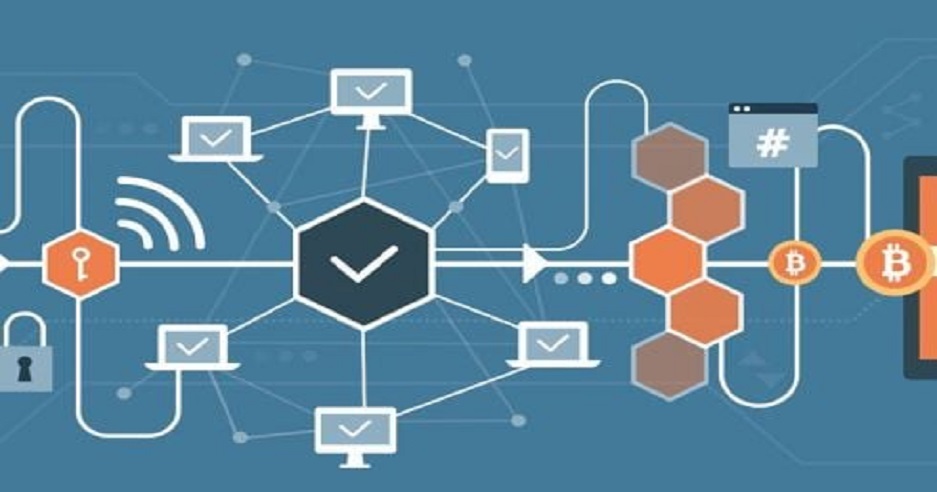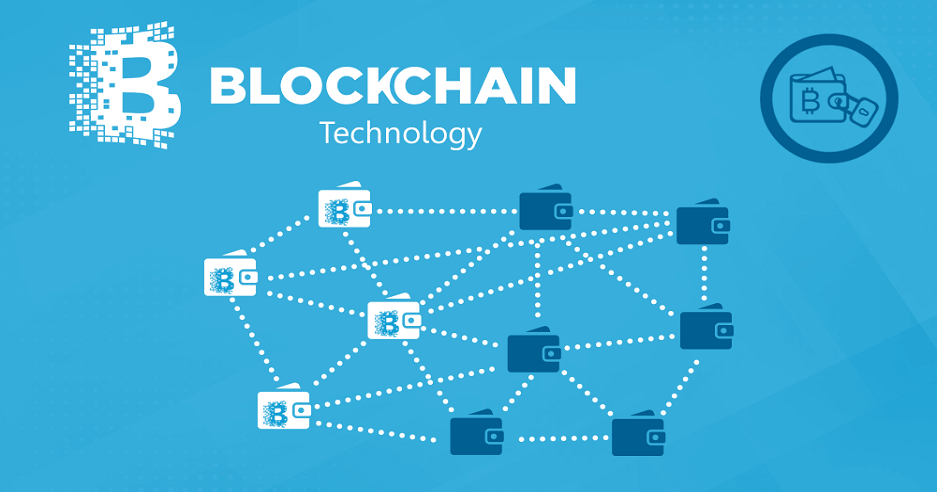


Blockchain solutions refer to the implementation of blockchain technology to solve various problems and provide innovative solutions across different industries. Blockchain is a decentralized and distributed digital ledger that securely records transactions in a transparent and immutable manner. It offers several unique features, such as decentralization, transparency, security, and immutability, making it suitable for a wide range of applications.
Key Features and Use Cases of Blockchain Solutions:
Decentralization: Blockchain operates on a network of nodes without a central authority, reducing the risk of single points of failure and making it resistant to censorship.
Transparency: All transactions recorded on the blockchain are visible to all participants, promoting trust and accountability.
Security: Data on the blockchain is encrypted and stored across multiple nodes, making it difficult for unauthorized parties to alter or tamper with information.
Smart Contracts: Blockchain allows the execution of self-executing smart contracts, which automatically enforce the terms of an agreement without the need for intermediaries.
Supply Chain Management: Blockchain can be used to track and verify the provenance of goods throughout the supply chain, enhancing transparency and reducing fraud.
Financial Services: Blockchain has applications in digital currencies (cryptocurrencies) and cross-border payments, enabling faster and more cost-effective transactions.
Healthcare: Blockchain can securely store and share patient medical records, ensuring data privacy and interoperability among healthcare providers.
Identity Management: Blockchain can create a secure and tamper-resistant digital identity for individuals, allowing for efficient verification and authentication processes.
Voting Systems: Blockchain can be utilized in electronic voting systems to enhance security, transparency, and verifiability of election results.
Intellectual Property: Blockchain can establish proof of ownership and timestamp intellectual property rights, protecting creators' content.
Real Estate: Blockchain can streamline real estate transactions, reducing paperwork and facilitating property ownership transfers.
Supply Chain Traceability: Blockchain enables the tracing of products and raw materials throughout the supply chain, enhancing product authenticity and safety.
Implementing a blockchain solution requires careful consideration of the specific use case, the choice of blockchain platform (public or private), scalability, and security measures. As the technology continues to evolve, blockchain solutions are expected to drive transformative changes in various sectors by optimizing processes, improving security, and fostering trust among participants.
© Copyright 2024 All Rights Reserved